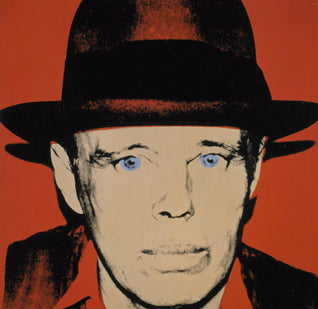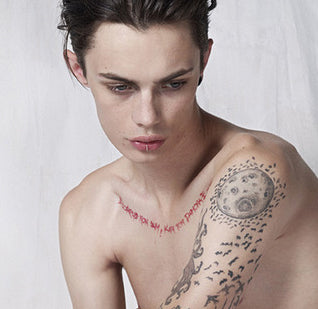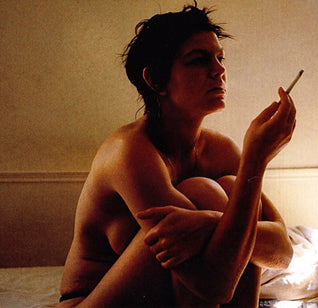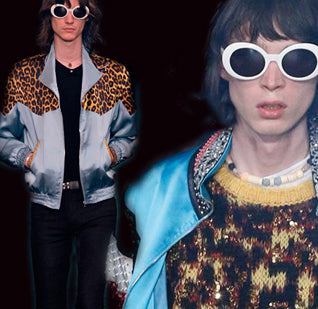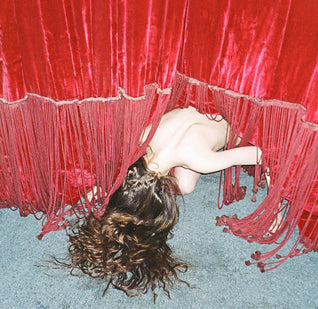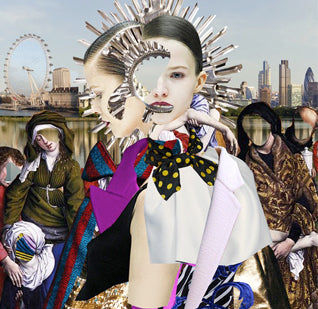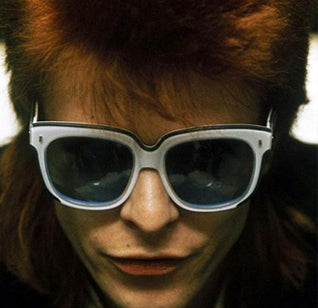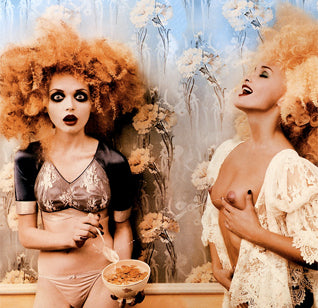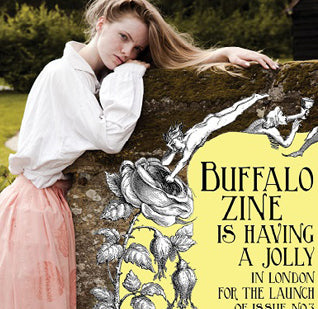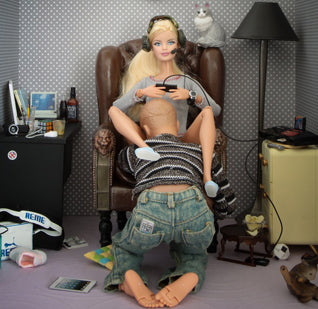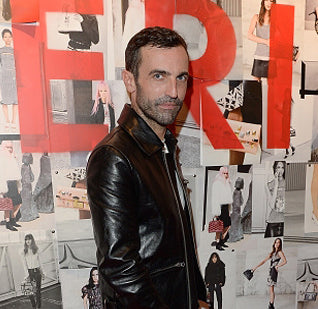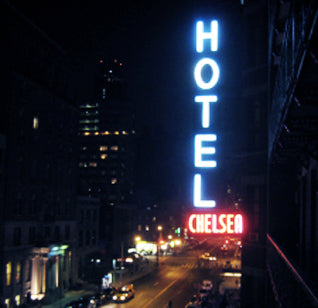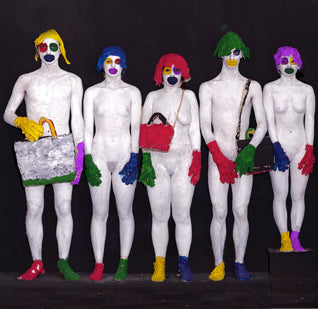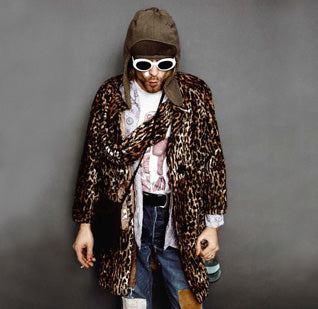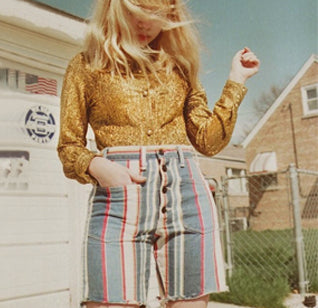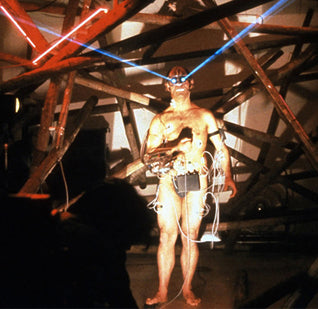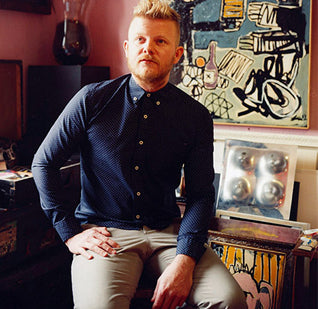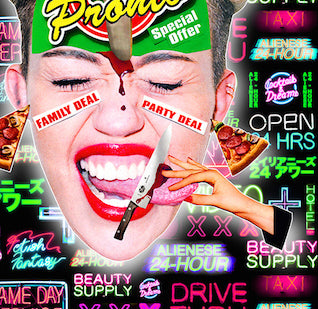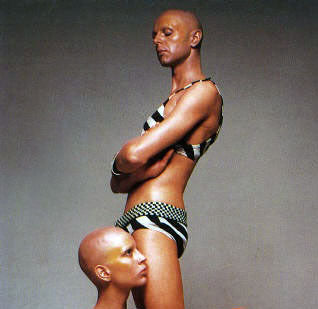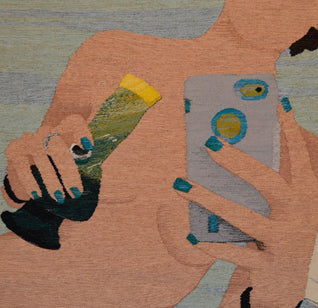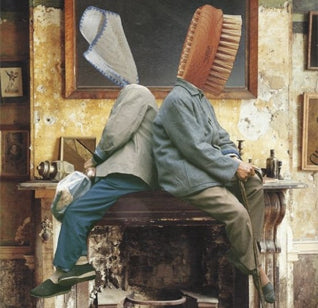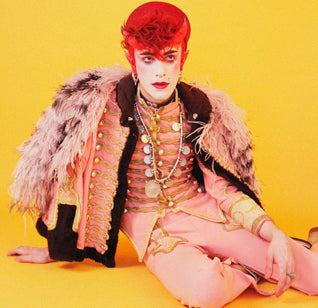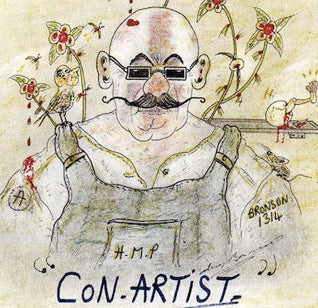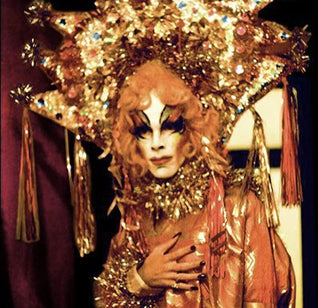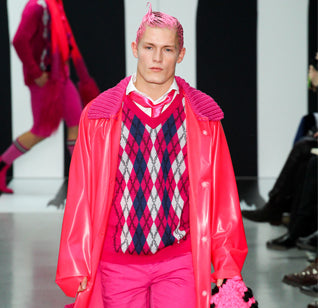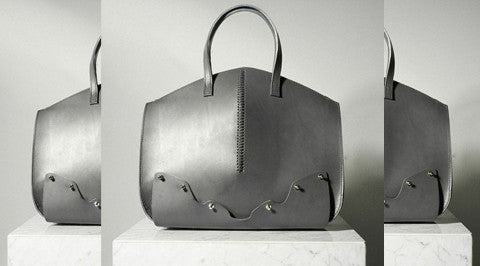THE BLOGGER EFFECT
Shaking up the fashion industry one click at a time
by Maria Raposo
Technology has changed the landscape of fashion forever. From bloggers at fashion week to trends born on Tumblr, the fashion elite are losing their grip on the industry as the digital tide shifts towards democracy.
Fading elitism is undermining the fashion establishment as bloggers and photographers, qualified only by their large social media followings, are squeezing experienced buyers and editors out of their coveted front row seats.
Kelly Cutrone, who has been organizing fashion shows since the mid 80s, told the NY Times “Do I think, as a publicist, that I now have to have my eye on some kid who’s writing a blog in Oklahoma as much as I do on an editor from Vogue? Absolutely. Because once they write something on the Internet, it’s never coming down.”

When Tavi Gevinson, author of blog Style Rookie, first appeared on the front row of shows like Marc Jacobs, reactions revealed the tension between the new and old media guard. After years of climbing the career ladder to a senior position at Elle, Anne Slowley dismissed Style Rookie as a bit “gimmicky” and New York Magazine accused Tavi of getting help from her mum or older sister.
The blogger black lash continued recently in i-D Magazine, when Anders Christian Madsen joined the debate on whether bloggers should be banned from fashion week. To conclude his article he declared that only “educated, sensible members of the media, who have studied fashion from an objective point of view” should be invited to shows.
However bloggers provide a very approachable perspective on fashion. Figures like Bryan Boy and Susie ‘Bubble’ Lau are the future of new media but their unconventional career progression threatens more established members of the press.

Bloggers publicly weave fashion into their everyday life whereas successful members of the industry close the doors on their virtual lives once they become successful. Take Robbie Spencer, fashion director at Dazed & Confused, who hasn’t posted on his Tumblr for 7 months or his Blogspot for several years. Yet Susie Lau updated hers yesterday. With a very personal writing style and a swarm of selfies, she’s easier to relate to.
Magazines continue to lose their gravitas, while bloggers reach and influence tens of millions in real-time. Big brands like Louis Vuitton, with revenues in the excess of 35 billion dollars, can’t risk falling out of fashion with consumers.
Big Data companies, such as Editd, translate online buzz into key trends for next season – by analyzing social media they were able to tell that last year Sport Luxe was mentioned 76% more than any other trend. This helps brands to understand what people want next.
Soon trends will be entirely reactive to what consumers want. Companies like Editd free fashion from taste dictators – the Anna Wintour’s of the world. Retail Analyst, Katie Smith believes that social media has a huge impact on public opinions; “The clothes seen off the runway during fashion weeks have become just as influential as the designer looks.”

In the complete reverse, trends now start online before seeping into the mainstream. In 2011, a New York DJ called Lil Internet inadvertently started a trend called sea-punk by tweeting a dream he had – “Seapunk leather jacket with barnacles where the studs used to be”.
Soon Tumblr was awash with blue and green dip dyes, turquoise tees and dolphin prints. But bloggers were furious when pop culture tried to claim sea punk as its own; Rihanna incorporated the trend into a Saturday night live performance and Azaelia Banks used a sea-punk aesthetic for her music video, Atlantis. Twitter user, @BebeZeva lashed out: “Why aren't y'all frustrated AT ALL abt the rihanna thing? that performance marked the commodification of an aesthetic movement.”
The battle over sea-punk was proof that power in fashion is shifting. Internet usage is rising and magazines feature bloggers as if they were celebrities. Fashion doesn’t have to be elitist and bloggers make the industry accessible. Even with the recent announcement that fashion week is to sift out modern day additions, this is revolution and it’s not going to stop.








